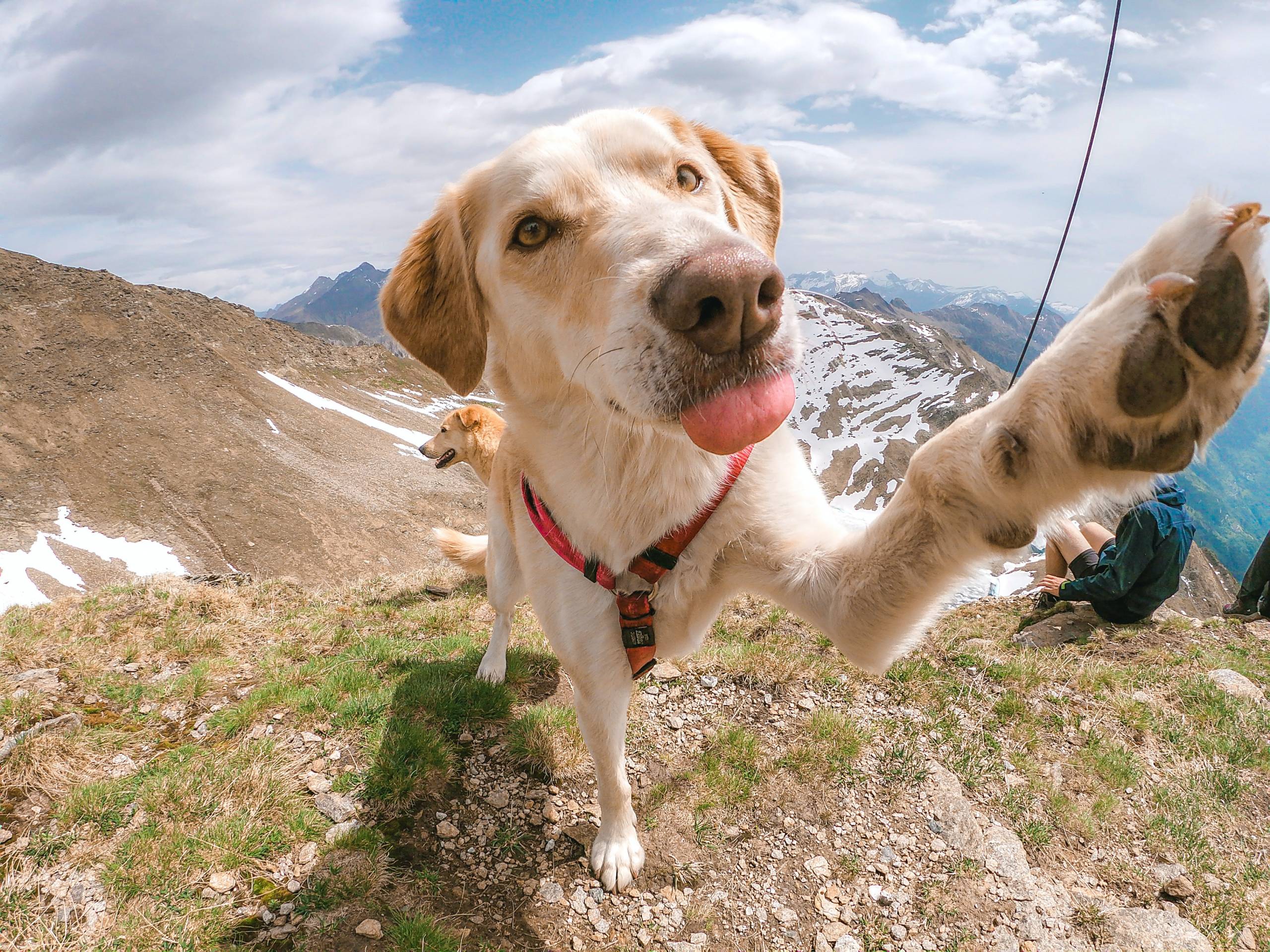Why Do Dogs Sit On Your Feet?
Post Date:
December 10, 2024
(Date Last Modified: December 10, 2024)
For many dog owners, a dog sitting on their feet can be both charming and puzzling. This behavior may feel quirky or even a bit irritating, particularly when trying to get around. However, unraveling the reasons behind this habit can enhance the bond between you and your pet while offering insights into their emotional landscape.
A Sign of Affection
Dogs are inherently social creatures, and their relationships with humans are paramount. When a dog sits on your feet, it often signifies deep affection and loyalty. This closeness is especially evident in breeds known for strong attachments to their owners, like golden retrievers and Labrador retrievers. These breeds thrive on companionship and express their love through physical contact. By sitting on your feet, your dog seeks not just comfort, but also a way to strengthen the emotional connection they share with you.
Instinctual Behaviors
In the wild, pack animals value proximity for safety and comfort. When your dog sits on your feet, they might be channeling their instinctual need for security. This behavior reflects a trust in you, as they feel safest when close to their human.
Seeking Warmth
Dogs, much like humans, enjoy warmth and coziness. Your feet can serve as an ideal spot for them to soak up your body heat. This is particularly noticeable in colder weather when dogs gravitate toward their owners for warmth. If you’ve seen your dog snuggling close on a chilly day, they are likely seeking comfort from your body heat.
A Sense of Ownership
Sitting on your feet can also indicate a dog’s desire to assert ownership. This is especially prevalent in dominant breeds or those with protective instincts. By positioning themselves on your feet, your dog might be communicating, “This person is mine.” This behavior is a form of affectionate control, ensuring they maintain close proximity to you while asserting their bond.
Response to Anxiety
Dogs sometimes sit on your feet during moments of anxiety or insecurity. This behavior can provide them with a sense of reassurance, helping them feel grounded during stressful times. If there are loud noises or unfamiliar visitors, your dog may instinctively seek your presence for comfort. Recognizing this need allows you to support them when they require it most.
Desire for Companionship
Sometimes, dogs simply want to be near you. As pack animals, they thrive on companionship. Whether you’re working from home or relaxing on the couch, your dog may want to be part of the action. Their desire for inclusion highlights the significance of your shared time and activities.
Learned Behavior
In some cases, dogs sit on your feet due to learned behavior. If they have received attention, petting, or treats for this action in the past, they may continue doing so to gain similar rewards. Dogs are observant and quickly learn which behaviors lead to affection from their owners. If sitting on your feet brings a smile to your face, they are likely to repeat the behavior.
Habitual Actions
For some dogs, sitting on your feet might simply be a habit formed during puppyhood. If this behavior has become part of their routine, they may continue it without much thought. Such habits can be comforting for both the dog and the owner, fostering a sense of normalcy in your shared life.
Communication of Needs
Sitting on your feet can also serve as a way for dogs to express their needs. Whether they are feeling playful, anxious, or craving attention, this tactic allows them to get your notice. By positioning themselves close to you, they effectively communicate, “Hey, I’m here! Pay attention to me!” Understanding this can help you respond to their needs more effectively.
Addressing Over-Reliance
While this behavior is typically harmless and affectionate, it’s worth considering if your dog is overly dependent on you for comfort. If you notice them constantly seeking this closeness, especially in situations that don’t seem to warrant it, there may be underlying anxiety issues. In such cases, consulting a veterinarian or professional dog trainer can offer insights into managing their anxiety and fostering greater security.
The Unique Bond
Every dog has its own personality, background, and experiences that shape its behavior, leading to varied reasons for sitting on your feet. Recognizing that this behavior often stems from love and trust can shift your perspective from viewing it as an inconvenience to appreciating it as a meaningful expression of affection. Whether your dog seeks warmth, security, or simply wants to be near you, this behavior serves as a reminder of the unique bond you share. Embrace these moments when your dog chooses to settle at your feet, understanding that it reflects their unwavering loyalty and devotion. The complexities of dog behavior often boil down to fundamental emotions such as love, trust, and companionship. So, the next time your dog curls up at your feet, take a moment to cherish the connection you both share.






